Henry Tawes, a middle-aged sheriff in a rural Tennessee town, is usually the first man to criticize others for their bad behavior. Miserable in his marriage, Henry falls in love […]
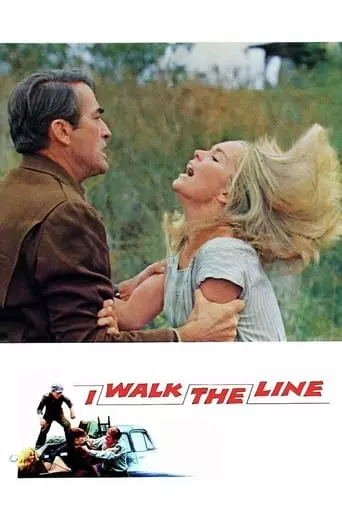
Henry Tawes, a middle-aged sheriff in a rural Tennessee town, is usually the first man to criticize others for their bad behavior. Miserable in his marriage, Henry falls in love […]
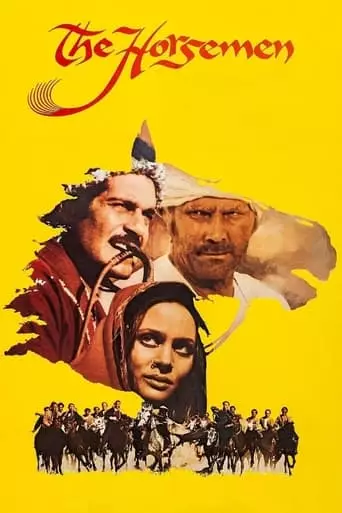
In Afghanistan, the ruthless sport of buzkashi is a game of great pride. When Uraz breaks his leg and loses a spirited match, he brings shame to his village, especially […]

The story tells about the confrontation of four first-class racers of Formula 1. Each of the competitors had their own additional motivation to become a champion. Their world is a […]

Set in tsarist Russia around the turn of the century and based on a true story of a Russian Jewish peasant Yakov Bog who was wrongly imprisoned for a most […]
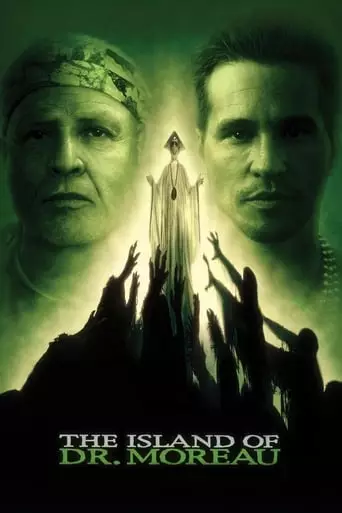
A shipwrecked sailor stumbles upon a mysterious island and is shocked to discover that a brilliant scientist and his lab assistant have found a way to combine human and animal […]

A briefcase with undisclosed contents – sought by Irish terrorists and the Russian mob – makes its way into criminals’ hands. An Irish liaison assembles a squad of mercenaries, or […]

After killing a prison guard, convict Robert Stroud faces life imprisonment in solitary confinement. Driven nearly mad by loneliness and despair, Stroud’s life gains new meaning when he happens upon […]

As the Allied forces approach Paris in August 1944, German Colonel Von Waldheim is desperate to take all of France’s greatest paintings to Germany. He manages to secure a train […]
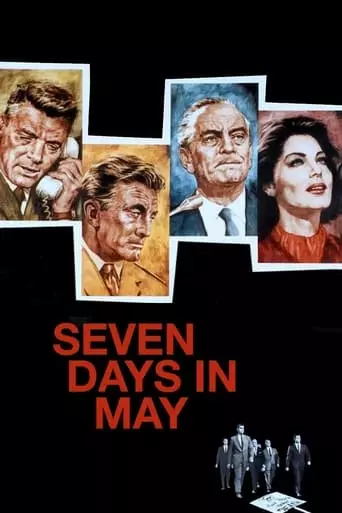
A U.S. Army colonel alerts the president of a planned military coup against him.
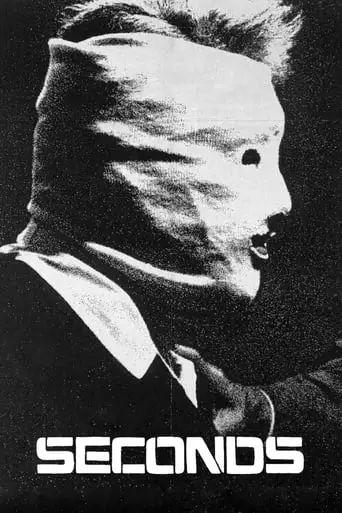
An unhappy middle-aged banker agrees to a procedure that will fake his death and give him a completely new look and identity – one that comes with its own price.
John Frankenheimer: Master of Political and Psychological Thrillers
John Frankenheimer was one of the most talented and innovative directors of the 20th century, known for his groundbreaking work in political thrillers, psychological dramas, and action-packed films. Over his five-decade career, Frankenheimer earned a reputation for his technical mastery, ability to create suspense, and incisive exploration of complex social and political themes. His films often reflected a deep understanding of human nature, politics, and the forces that shape society.
Early Life and Career
Born on February 19, 1930, in Queens, New York City, Frankenheimer grew up with a passion for storytelling and the arts. After studying at Williams College, he served as a pilot in the U.S. Air Force, where he also worked on training films. This experience ignited his interest in directing.
In the 1950s, Frankenheimer began his career in television during the golden age of live TV dramas. He directed over 140 episodes for programs such as Playhouse 90 and Climax!, showcasing his ability to handle complex narratives and extract powerful performances from actors.
His success in television paved the way for a transition to feature filmmaking in the late 1950s.
Signature Style and Themes
Frankenheimer’s directing style was characterized by:
Dynamic Cinematography: His innovative use of wide-angle lenses, handheld cameras, and long takes created a sense of immediacy and tension.
Realism and Authenticity: Frankenheimer often shot on location and used documentary-style techniques to enhance the realism of his films.
Political and Social Commentary: His stories frequently delved into issues such as power, corruption, identity, and societal change.
Complex Characters: Frankenheimer explored the psychological struggles of his characters, presenting morally ambiguous protagonists and antagonists.
Breakthrough and Notable Films
Frankenheimer’s early films garnered critical attention, but his breakthrough came with The Manchurian Candidate (1962), a political thriller that remains a classic of its genre. His most acclaimed works include:
The Manchurian Candidate (1962): A chilling exploration of brainwashing, political conspiracy, and Cold War paranoia, starring Frank Sinatra, Laurence Harvey, and Angela Lansbury. The film’s surreal imagery and tense narrative cemented Frankenheimer’s reputation as a master of suspense.
Seven Days in May (1964): A taut political drama about a military coup in the United States, reflecting the era’s fears of authoritarianism and nuclear war.
Birdman of Alcatraz (1962): A poignant biographical drama starring Burt Lancaster as Robert Stroud, a prisoner who becomes a respected ornithologist, showcasing Frankenheimer’s ability to combine humanity with compelling storytelling.
Seconds (1966): A haunting science fiction film about identity and existential dread, praised for its innovative camerawork and psychological depth.
Grand Prix (1966): A visually stunning racing film featuring groundbreaking techniques such as split screens and immersive action sequences, which earned Frankenheimer an Academy Award for Best Editing.
Later Career and Challenges
The 1970s saw Frankenheimer experimenting with different genres, from action films like French Connection II (1975) to thrillers like Black Sunday (1977), about a terrorist plot targeting the Super Bowl.
Despite his technical brilliance, Frankenheimer faced a decline in critical and commercial success during the 1980s. However, he found renewed acclaim in the 1990s with television films such as Against the Wall (1994) and Andersonville (1996), both of which won Emmy Awards.
His feature film Ronin (1998), a tightly wound action thriller starring Robert De Niro, marked a triumphant return to form, featuring some of the most memorable car chases in cinematic history.
Legacy
John Frankenheimer left an indelible mark on the world of cinema. His ability to tackle challenging subjects, push technical boundaries, and create deeply engaging narratives earned him a place among the great directors of his era.
Frankenheimer’s work remains a benchmark for political thrillers and psychological dramas, influencing filmmakers like Christopher Nolan, Paul Greengrass, and David Fincher. His films continue to be studied for their visual style, narrative complexity, and exploration of the human condition.
John Frankenheimer passed away on July 6, 2002, but his legacy endures, with his films standing as a testament to the power of bold, thought-provoking cinema.